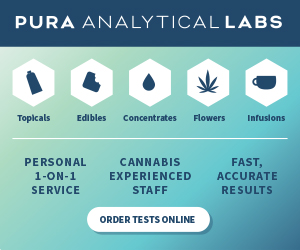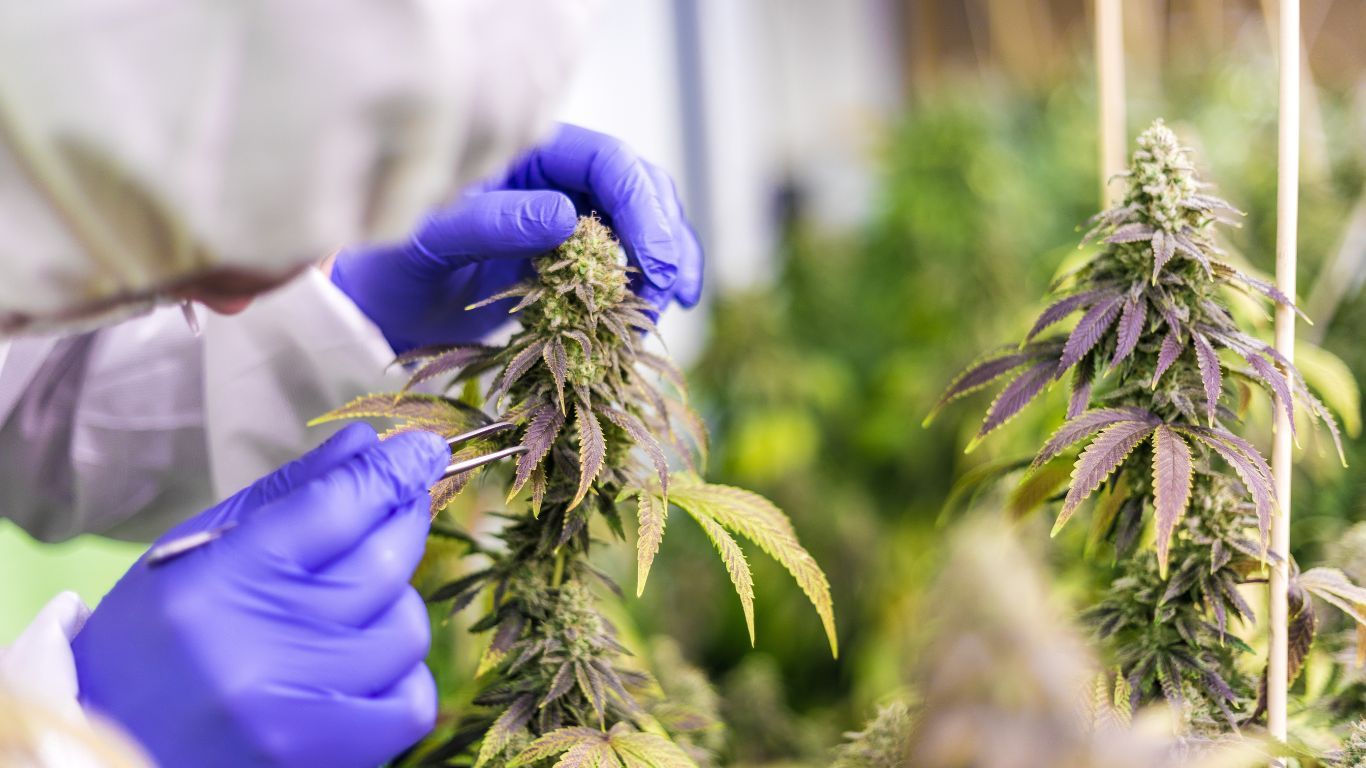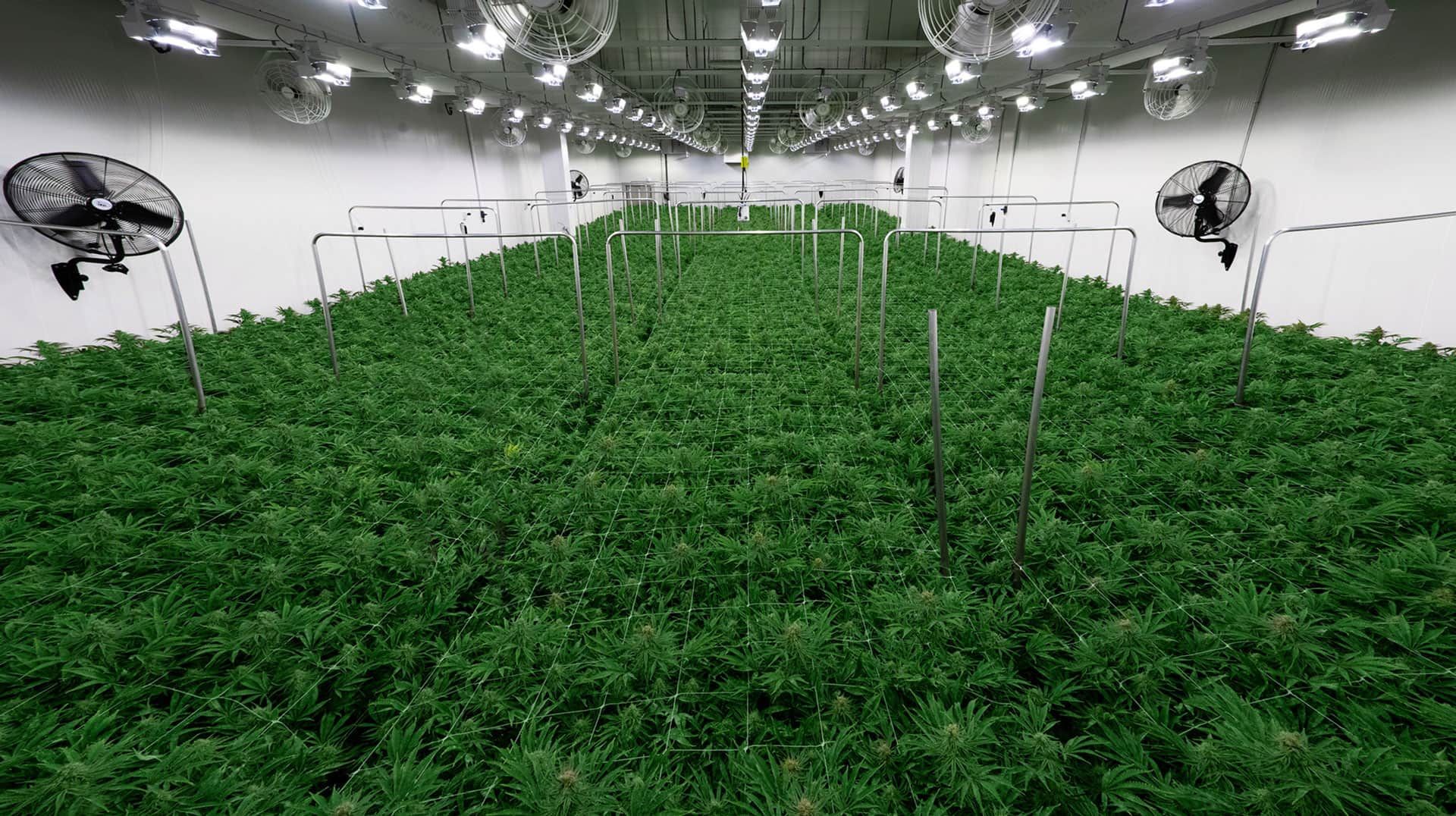
Health Canada posted updated info today on their service standards and performance information for fiscal year 2019 to 2020, including several that related to the cannabis file.
The updates include the Service Standards for the Issuance of Cannabis Import and Export Permits under the Cannabis Act and its Regulations, the Issuance of Industrial Hemp Import and Export Permits under the Cannabis Act and its Regulations, the Cultivation, Processing and Sale for Medical Purposes Licence Application Screening under the Cannabis Act and its Regulations, the Issuance and Renewal of Registrations for Production of Cannabis for Own Medical Purposes, and the Issuance and Renewal of a Cannabis Research Licence.
Health Canada has established numerous service standards for the various industries under their review as a baseline for the expected performance of the agency for stakeholders and the public. They note such service standards are based on expectations under normal circumstances. The re-prioritization of resources during the COVID-19 pandemic has created challenges for many government agencies in keeping up with such goals. All such standards are considered “non-binding”, meaning they are self-imposed guidelines, not hard and fast rules.
This specific report covers the 2019 to 2020 fiscal year, April 1 to March 31.
Issuance of Cannabis Import and Export Permits under the Cannabis Act and its Regulations
The Cannabis Act allows for the import and export of cannabis under very limited circumstances, and only between nations with fully functioning cannabis regulatory regimes (as an example, import from and export to legal US states would not be allowed).
As such, Health Canada oversees the issuance of import and export permits for cannabis, ensuring that shipments adhere to all applicable laws in both Canada as well as those of the export/import country.
Health Canada commits to a non-binding administrative service standard of 30 business days from the date that payment is received by the department to the date a decision is issued to the applicant (permit sent/application refused), with a target of meeting 85% of applications within this 30-day time frame.
In 2019-2020, 87% of standard cannabis import and export permits were processed within the 30 business days service standard, just barely exceeding the regulator’s target. No such results are available for the fiscal year April 2018 – March 2019, since legalization began in October 2018.
These figures are the same for the Service Standard for the Issuance of Industrial Hemp Import and Export Permits under the Cannabis Act and its Regulations.
Ivan-Ross Vrana, the Vice President of government relations and business at Eve & Co, an Ontario-based licenced producer, says he is happy that such metrics are being shared and that they’re largely meeting their targets, but also says Health Canada can stand to make some significant improvements when it comes to approval times for these import/export permits.
For one, he points out that the 30 business day target means 6 weeks or more, depending on holidays, and that this timeline doesn’t necessarily start right away, and can ultimately mean it takes several months to complete such an order.
“To say it takes, on average, 30 business days,” explains Vrana, “that is really the life of six weeks, so almost a month and a half, in some cases it can go to two months in our experience with Eve & Co, and again the department has been responsive and tried to work this through with us. But there are some glitches within the system.”
This extra time means the cannabis product is not as fresh, Vrana points out, and says he thinks that once a company has a proven track record for such transactions, that the timeline could be eased.
“Now that we’ve got some good experience with these regulations, we can make some real advancements in making them efficient for everyone,” says Vrana. “Not to abrogate responsibility to ensure quality product goes out there, but to make them work more efficiently so it benefits industry and it benefits Health Canada. We’ve done it with other industries, so I think cannabis should be next.”
“Now that we’ve got some good experience with these regulations, we can make some real advancements in making them efficient for everyone…so it benefits industry and it benefits Health Canada. We’ve done it with other industries, so I think cannabis should be next.”
Ivan-Ross Vrana, Eve & Co
Cultivation, Processing and Sale for Medical Purposes Licence Application Screening under the Cannabis Act and its Regulations
Health Canada has also committed to a “non-binding administrative service standard” of 30 business days for the screening of new licence applications for cultivation, processing and sale for medical purposes licences. The 30 business days standard excludes time spent awaiting additional information from applicants.
In 2019-2020, 90% of new licence applications were screened within the 30 business day service standard, exceeding the target of 75%.
Issuance and Renewal of Registrations for Production of Cannabis for Own Medical Purposes
When it comes to issuing and renewing registrations for those looking to grow their own cannabis for medical purposes (PPLs/DGs), Health Canada has committed to a non-binding administrative service standard of 40 business days (8 weeks) for the issuance of a regulatory decision on a complete application for personal or designated production and registration for possession only.
In 2019-2020, 95% of registrations were processed within the 40 business days (8 weeks) service standard, exceeding the target goal of 85%. In 2018-19, 71% of applications were processed within 8 weeks.
All new applications for personal or designated production of cannabis for medical purposes goes through three stages; Screening, Review, and then Issuance or Refusal of a registration.
The number of those growing under this kind of allowance has been increasing for years and has not let up with legalization. There are currently around 43,000 people registered to use the personal or designated program. The number of individuals registered with Health Canada for personal and designated cultivation of cannabis for their own medical purposes increased 29% from 33,614 in June 2020 to 43,211 in September 2020.
Issuance and Renewal of a Cannabis Research Licence
Under the Cannabis Act, a licence is required to conduct research activities with cannabis, such as administering cannabis to research subjects in a clinical trial. Health Canada service standard goal of 42 business days for single-protocol projects, and 180 business days for multiple-protocol projects or large-scale facilities, as well as 60 business days for the renewal of a Cannabis Research Licence.
The target was 80%, but In 2019-2020, only 12% of applications for new single protocol research licences were processed within the 42-day service standards. Of the new multi-protocol research license applications, 66% were processed within the 180 business day service standard. For research licence renewal applications, 42% were processed within the 60-day service standards.
No data from the previous year is available as the regulations only came into force in October 2018.











